Shi Ying
Shi Ying came to the Netherlands from China with her parents in 2015. As Christians they were no longer safe and had to flee.
Read more
Q: What did you want to be when you were younger?
A: I wanted to be a pharmacist. I didn’t realize back then that this needs a lot of studying. I would
see beautiful girls in the pharmacy. I think they were actually just the shop assistants, but they made me
want to be a pharmacist. Once I grew up and realized how much studying I would have to do I said goodbye to
that dream.
Q: What do you do to find peace/to relax?
A: Relax? I think I have forgotten this word. I don’t relax at all. I miss relaxing. I have my family
and the house is always full of people sleeping or eating. But I think it is better than being alone. I do
find peace when I am traveling, and when I listen to music – not just any music, our traditional ‘oud’ music.
I think it is because it transports me to when I was young.
Q: What is something you want to do more?
A: Travel. I have always wanted to go to the United States of America. When I was in Syria, I felt that
I was stuck in a bubble. I thought that what I knew was the whole world. When I left, I felt life was
progressing, whereas in Syria, life stays the same. Sometimes I think that the only good thing that my
ex-husband did was help us leave Syria. After that, nothing! [Laughs]
The day my eldest son finished college, I knew I had to get my family out of Syria. If we had stayed, he would have been forced to become a soldier for Assad. I couldn’t let this happen to my son, so my husband, our six children and I fled to Turkey. We thought it would be maybe a few months, possibly a year, until everything would calm down in Syria and we could go back to our home. We stayed there for three years.

I didn’t even know what ‘Netherlands’ meant. But I knew that any place was better than Turkey.
One of my friends in Turkey, a fellow teacher, told me that the United Nations was helping Syrians relocate, and that my family should consider applying. After many appointments in Ankara with the UN refugee agency, I received a phone call. The woman asked, ‘do you want to go to the Netherlands?’. I replied ‘yes’ immediately. No questions asked. I didn’t even know what ‘Netherlands’ meant. But I knew that any place was better than Turkey. I knew this was our gateway to the world.
When we finally arrived in the Netherlands, my first thought was, ‘why did I not come here when I was a child?’. I had spent all my life in a country that doesn’t respect or give individuals any voice. In Syria, you can only say ‘yes’ or ‘okay’. But here in the Netherlands, you can say both ‘yes’ and ‘no’. You can give your opinion, and it matters.
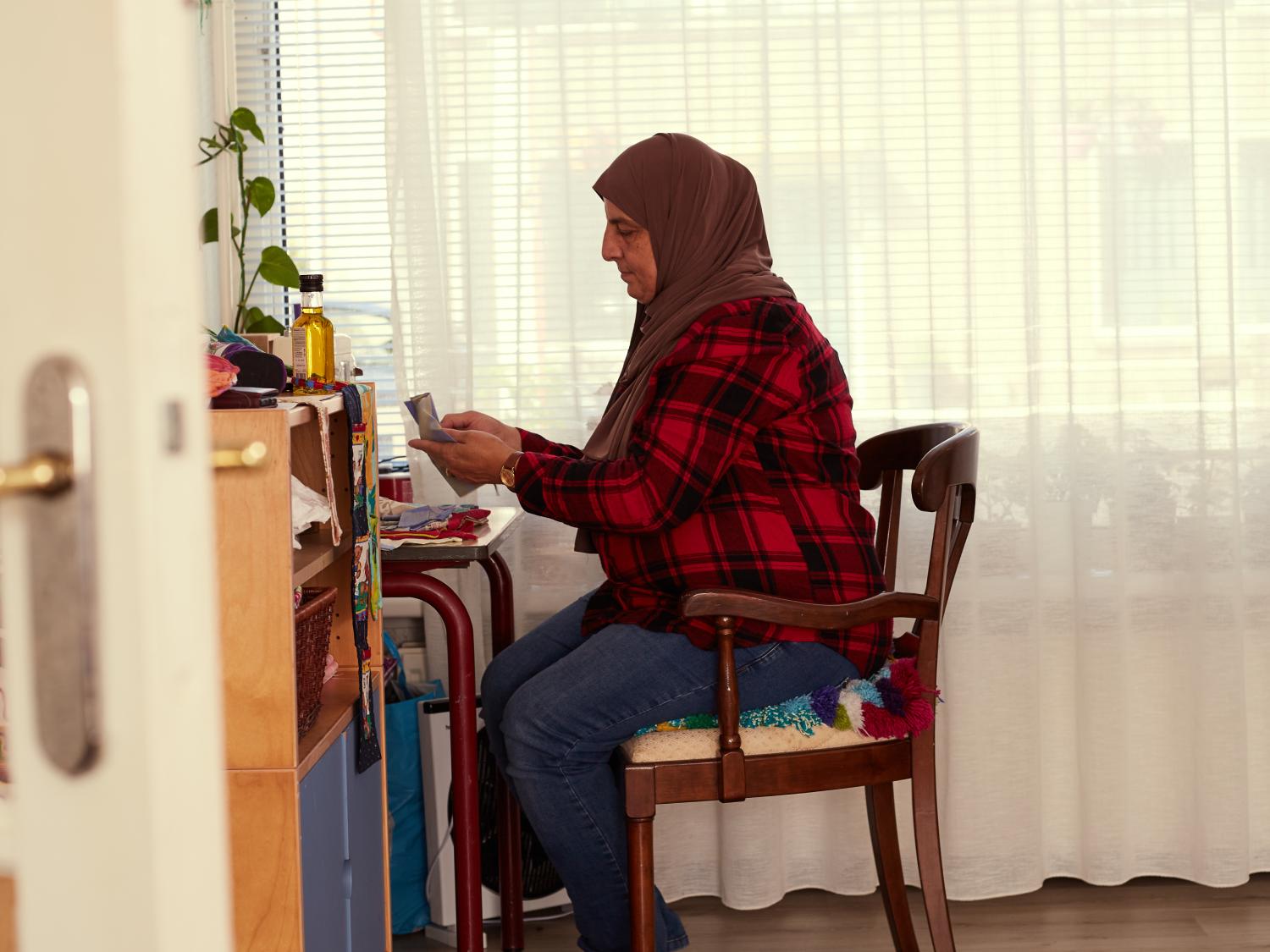
The Netherlands has given beautiful opportunities to my children. They all study and work. They all have cars. They are polite people with bright eyes. I am so proud of them.

I had to become very strong to protect my family.
Our relocation to the Netherlands brought new challenges. When we first moved here, language was our first obstacle. I couldn’t continue teaching English because my Dutch was not good enough.
Yet, these difficulties are small compared to the blessing of stability that we have here. Before, in Syria, I had to move all the time. My (ex-)husband was a pilot, and during the war, the soldiers of Assad came to our home and took him to prison. He was there for ten months. I had to move my family from place to place in order to stay safe – ten to twelve times while my husband was in prison. It was hard to hope for his return, as most people who go to prison do not come out. I had to become very strong to protect my family.
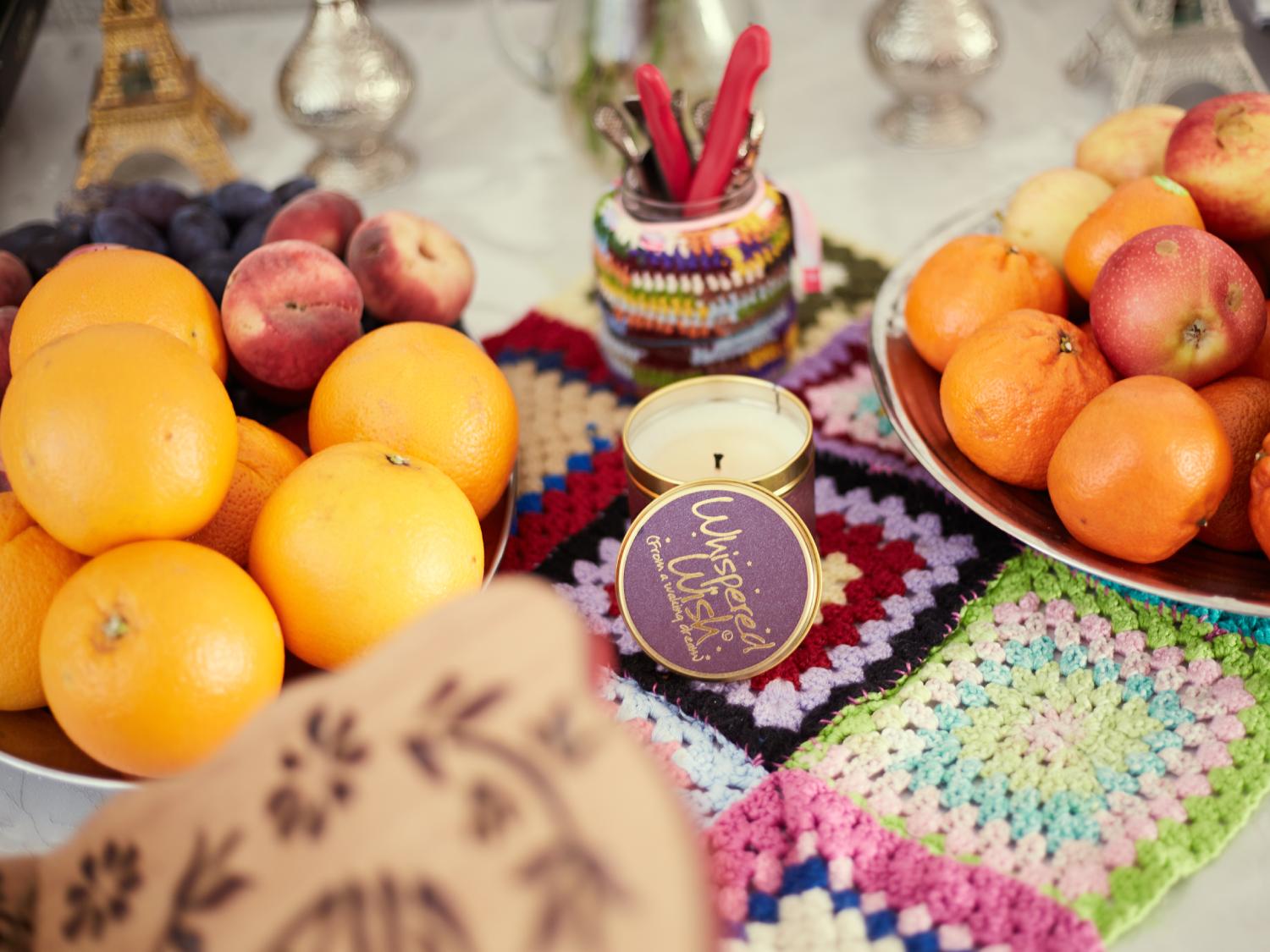
When my husband was released, he didn’t know our address. He found a family friend who knew where we were and gave him my phone number. When he called, and said ‘hello’, I didn’t believe it was him. I said, ‘speak again’. When he did, I fell on the ground.

At times it was difficult to help my children adapt to life here by myself.
We were so happy when he came home. He couldn’t believe we were all alive and safe. But he was traumatized when he came out of prison. He was free but his mind was not. He didn’t follow us to the Netherlands. Although it was painful, it was the right decision for me and my children.
This meant that I had to become both a mother and a father to my children. I didn’t want them to feel that there was a hole in their heart, something missing. At times it was difficult to help my children adapt to life here by myself. But God helped me, it was not only my strength.
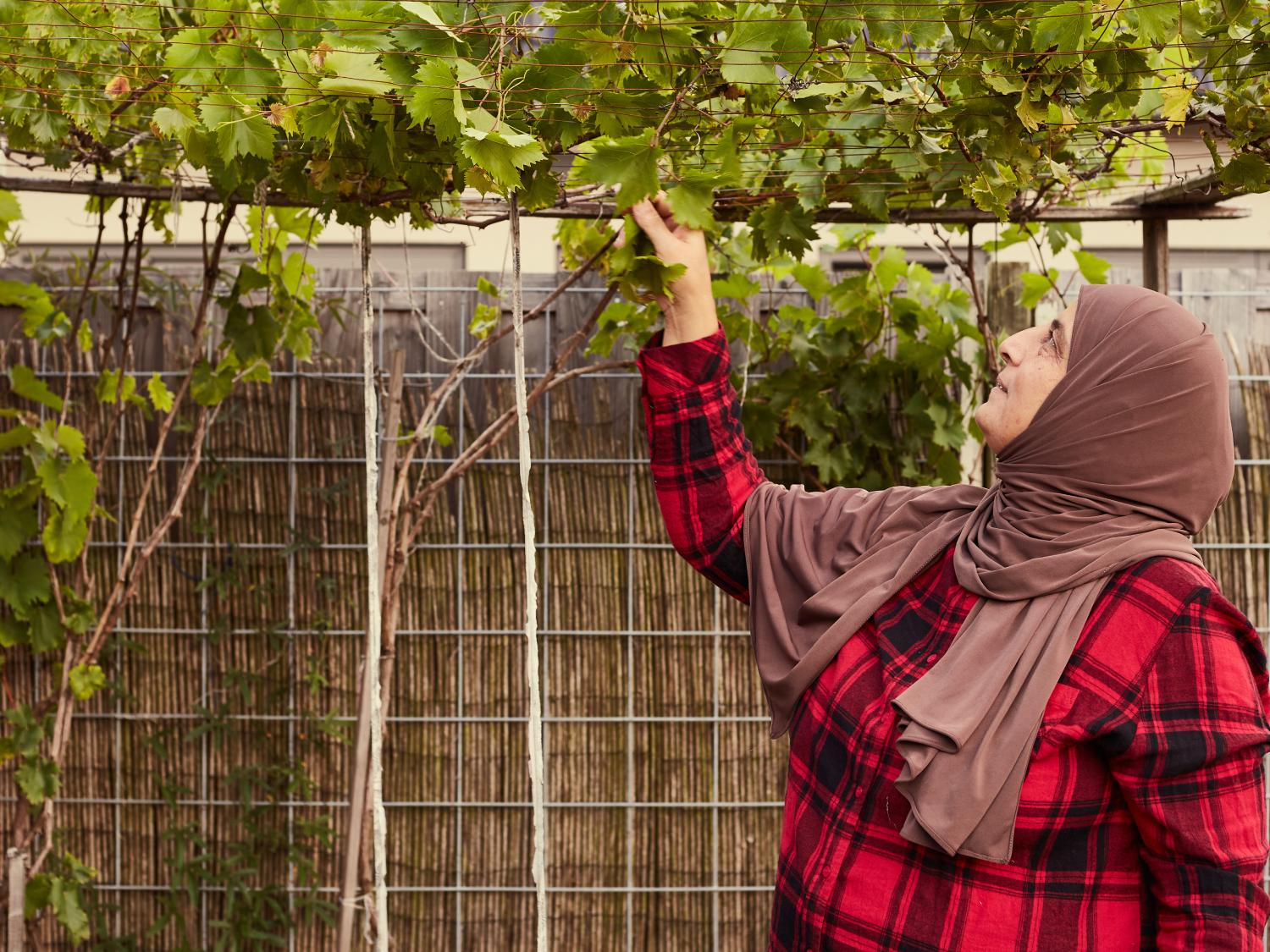
Nobody knows this about me, but through all of this, I lost myself a little. I have forgotten who I am. I gave all my life to my family. Once they are all married, and have their own lives, maybe I will come back to my own.
Now, the Netherlands is really our home and we are very happy here. We lost Syria but we found the Netherlands.
Interview: Phoebe Parsons
Editing: Phoebe Parsons, Joost Backer & Izzy Bauman
Photography: Esther Frank
MYgration is a collaboration between the Wijdoenmee! Initiative, the Haella Fund, Correspondents of the World, and Broadcast Amsterdam.
Public discourse around migration continues to be polarised in the Netherlands. On both ends of the spectrum, immigrants, refugees and asylum seekers are often spoken about in mainstream media, with resulting stories maintaining an us/her divide. MYgration seeks to bridge this divide through providing a space where people can share migratory stories in her own words and on her own terms. In doing so, MYgration offers a multi-dimensional portrait of the ‘migrant experience’.
Please help us share these stories in any way you can. Together we can improve my society's understanding of migration and the people involved.
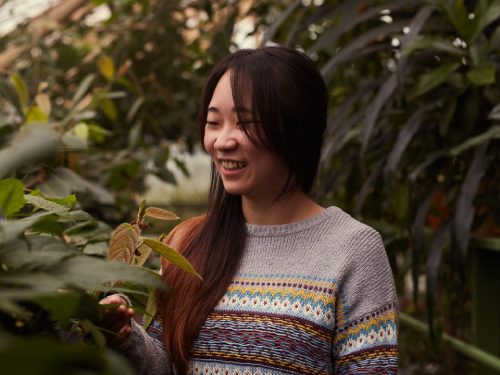
Shi Ying came to the Netherlands from China with her parents in 2015. As Christians they were no longer safe and had to flee.
Read more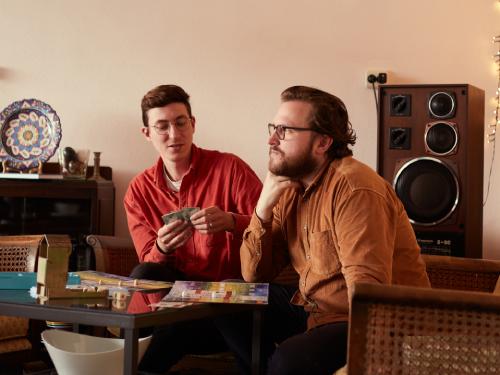
Pavel and Evgenii came to the Netherlands in 2018. They fled their home country Russia after threats from the Russian government regarding their gay marriage.
Read more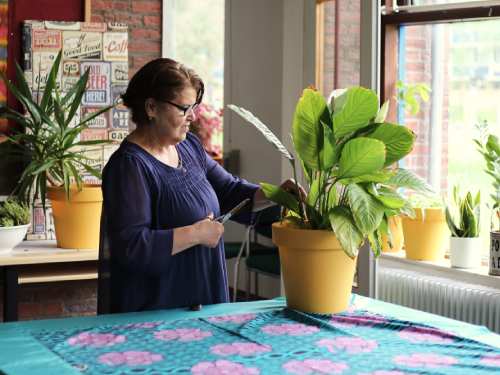
Zeynep was born in Kürecik in Turkey. In 1985 she came to the Netherlands as a Kurdish political refugee.
Read more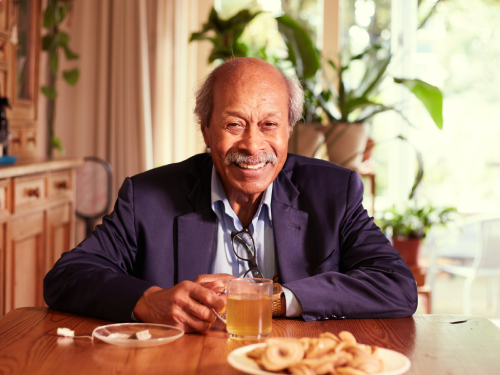
Max came to the Netherlands in 1951 as a toddler, because his father had served in the Royal Dutch East Indies Army (KNIL).
Read more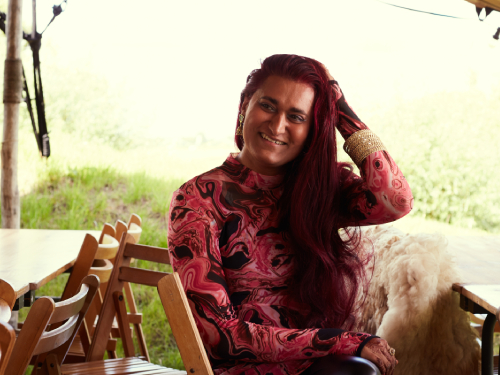
Asia was born and raised in Brabant. She feels like a migrant on several levels: culturally, ethnically, but also with regard to sex and gender.
Read more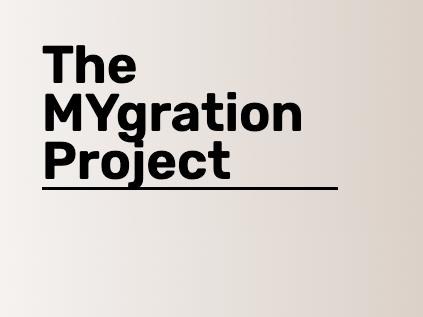
Through this project you will meet various people who, for various reasons, have left her own country to come to the Netherlands. Learn why.
Read more© 2024 by Correspondents of the World.
Template by CocoBasic. Webdesign by Janosch
Haber. Contact: joost@correspondentsoftheworld.com